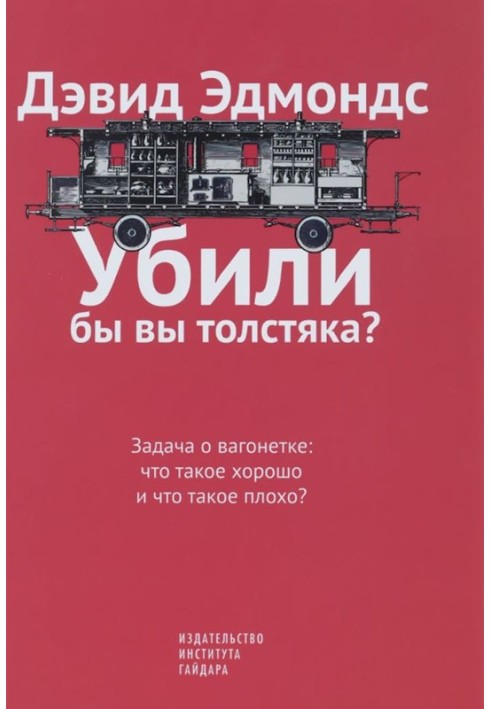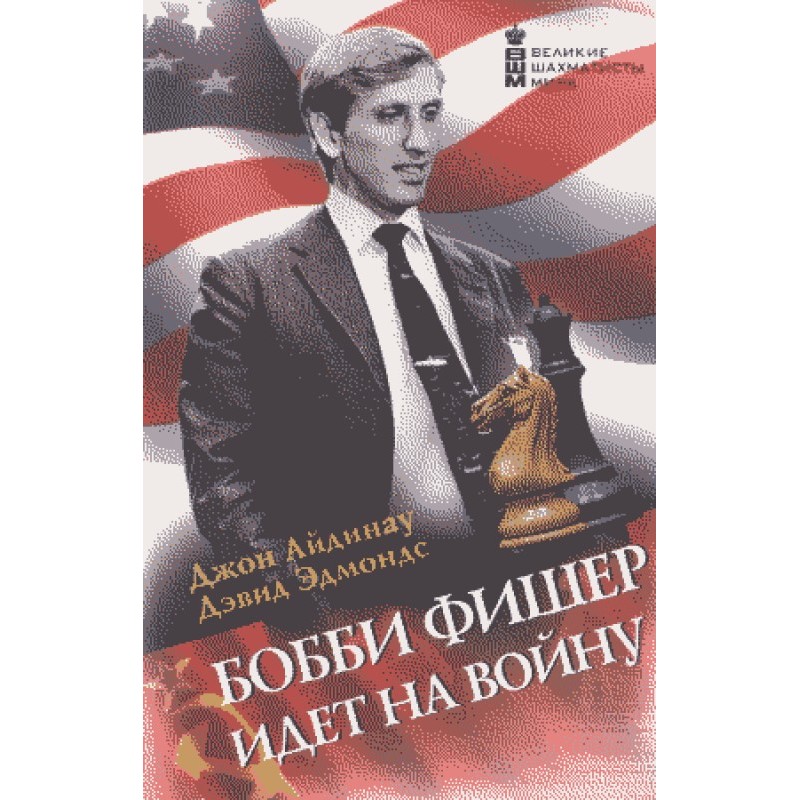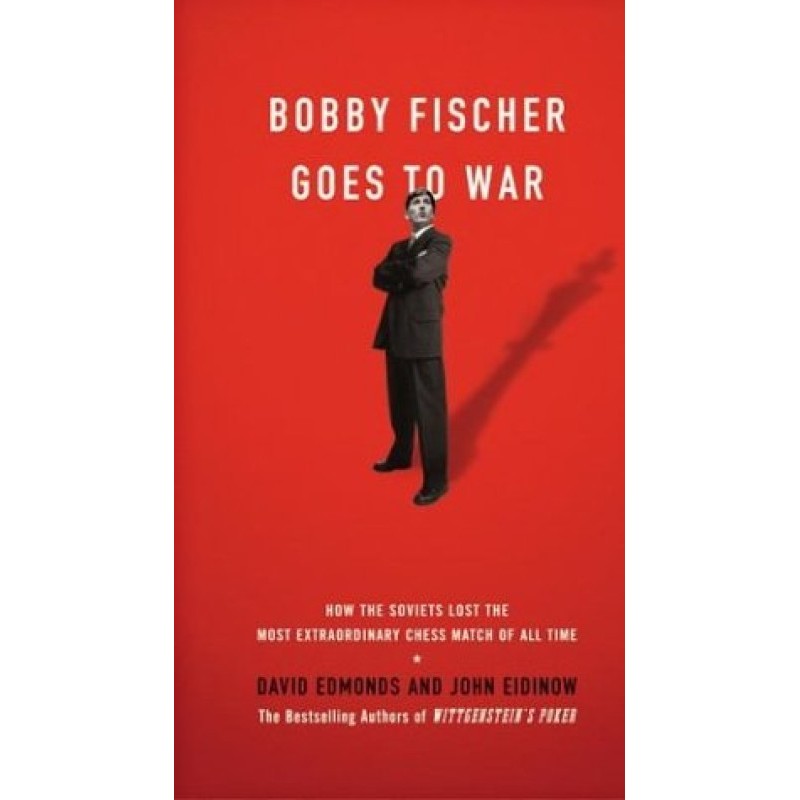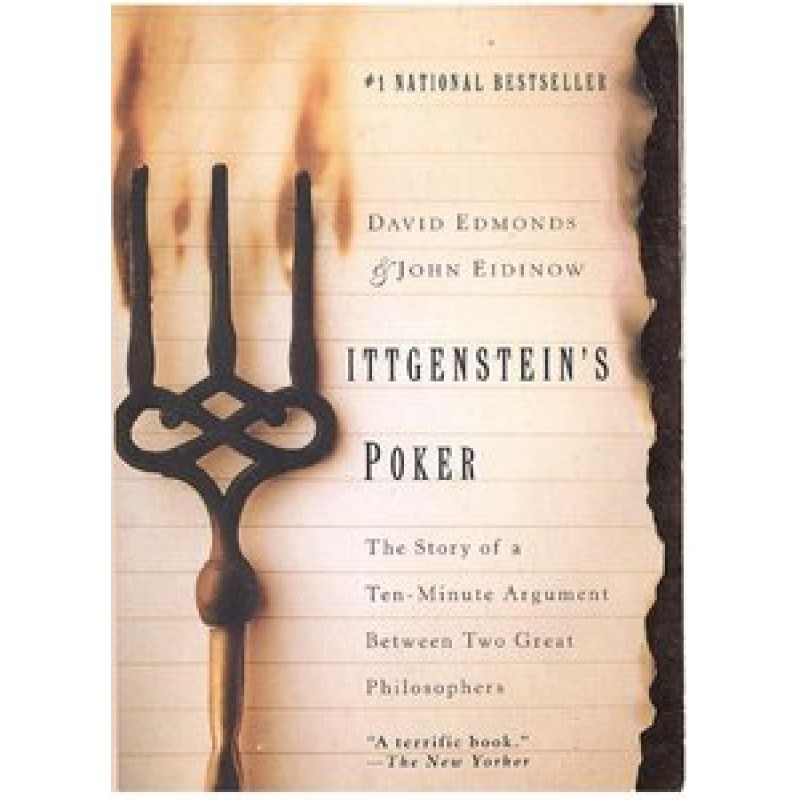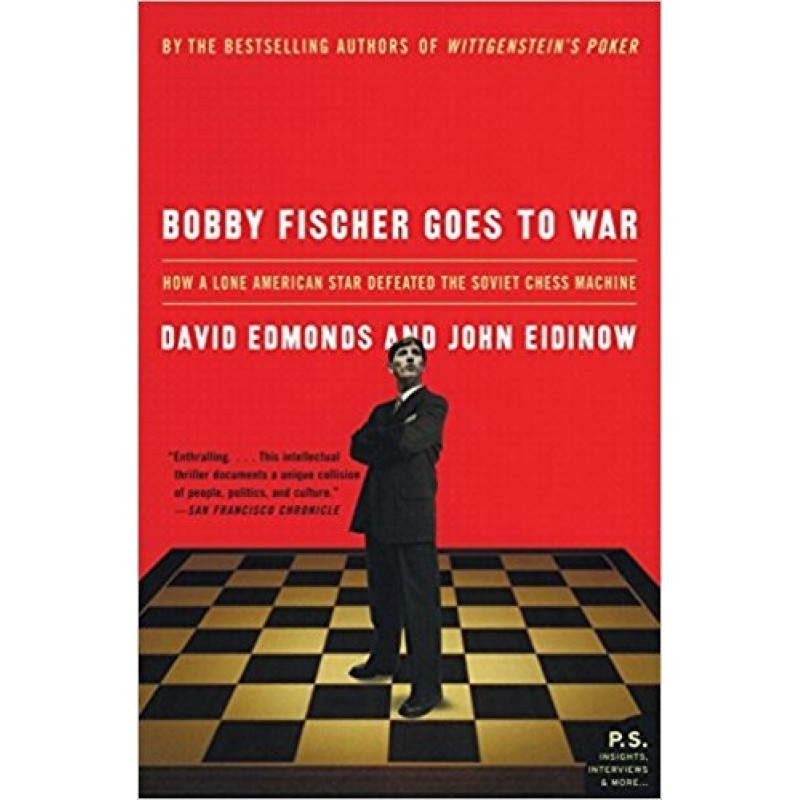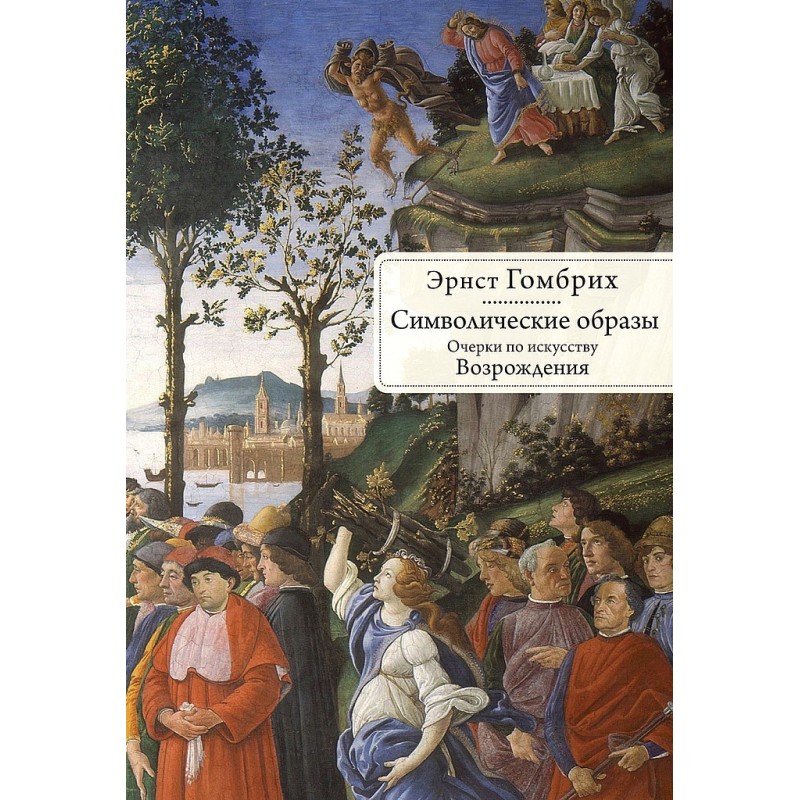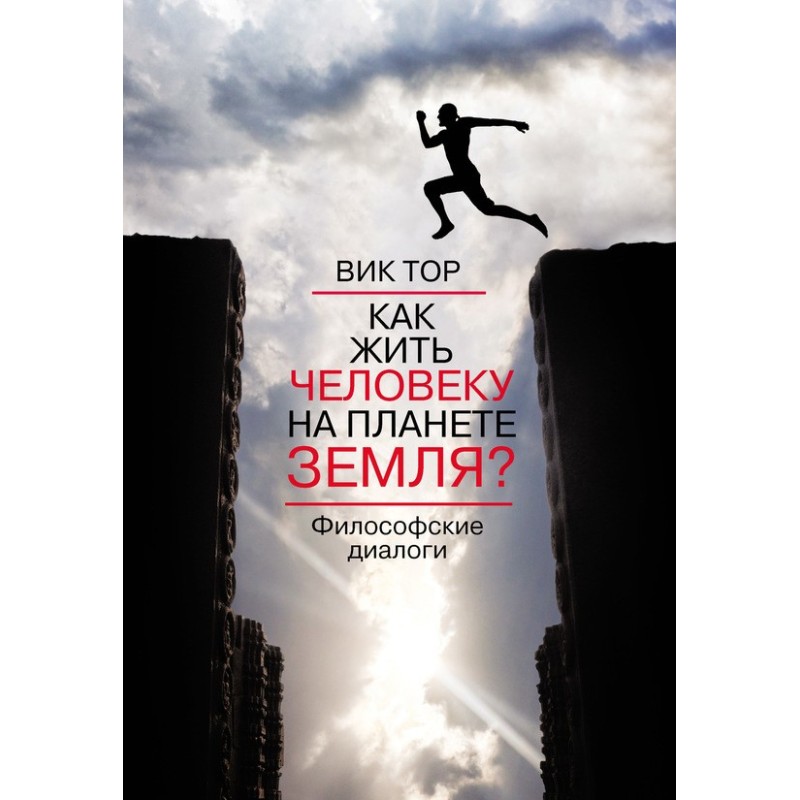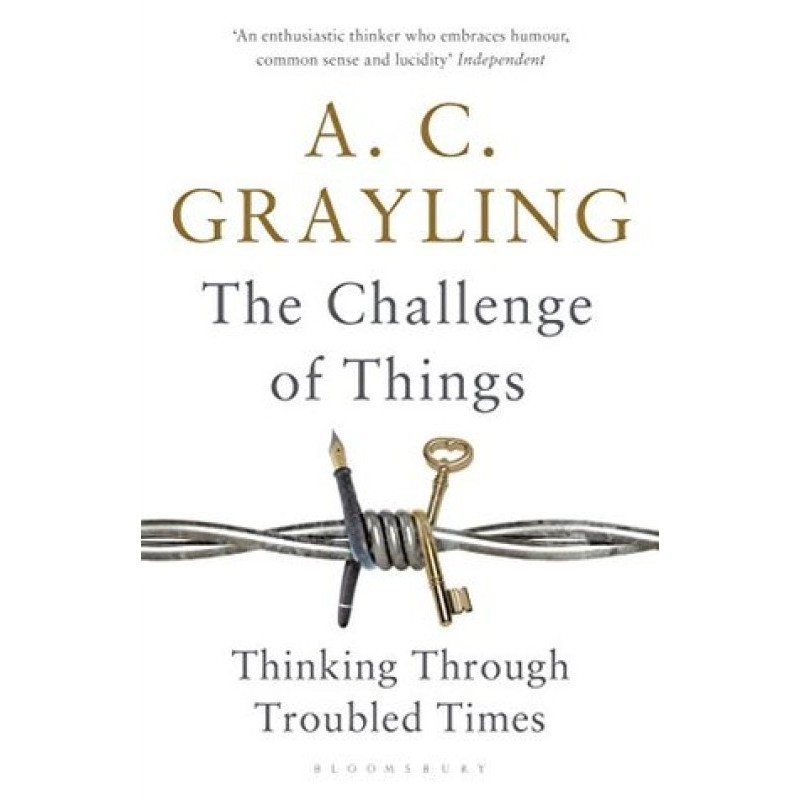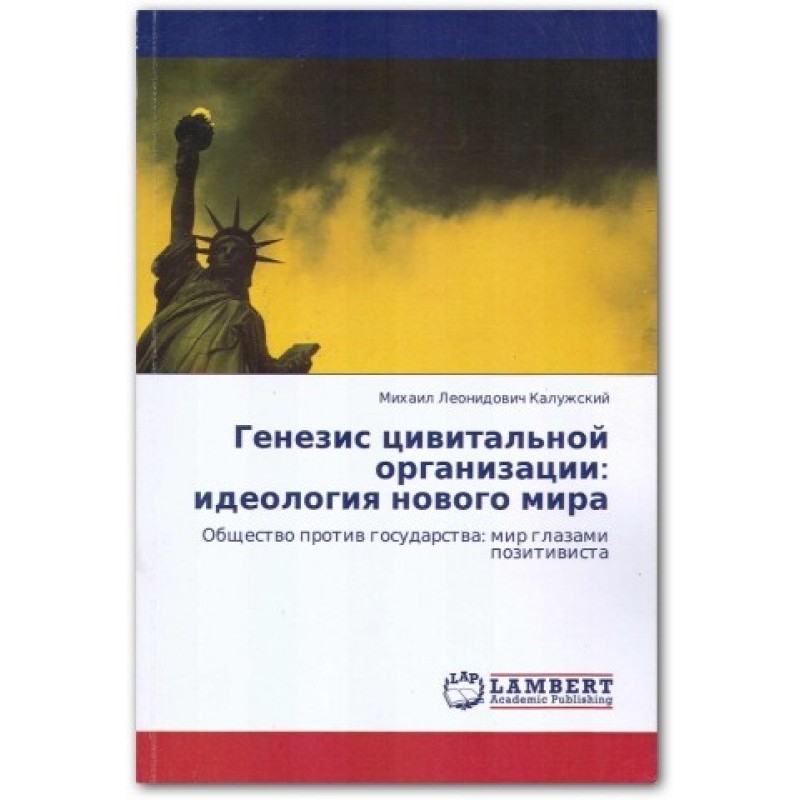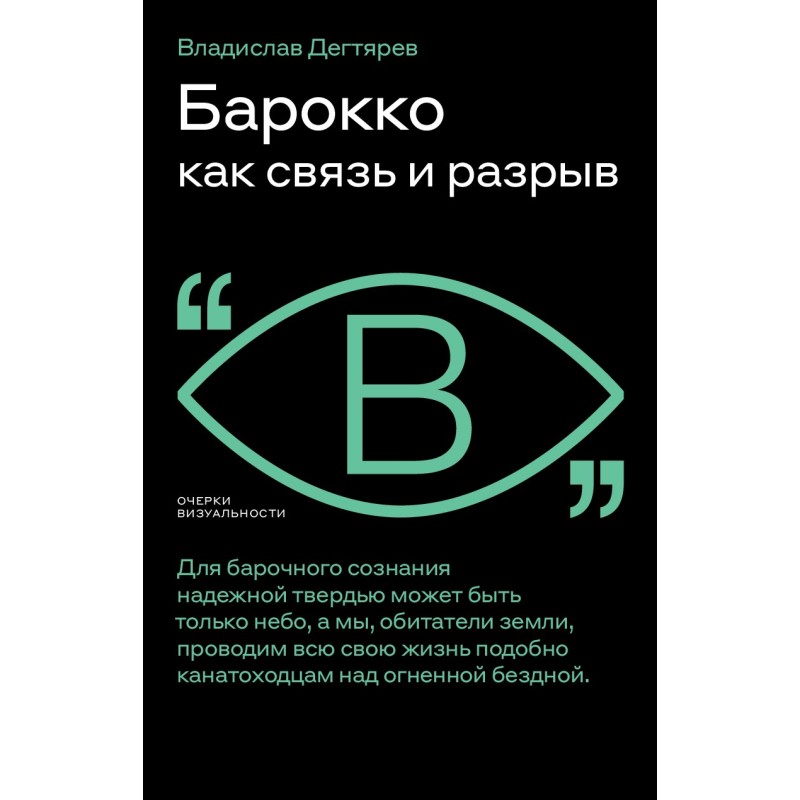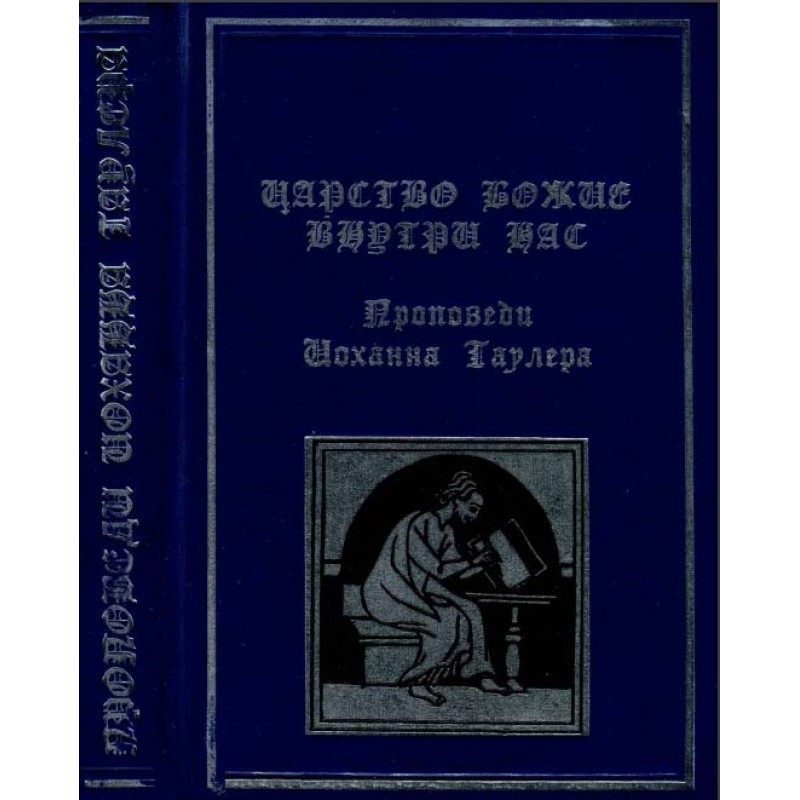Would you kill the fat man? The trolley problem: what is good and what is bad?
 Instant download
Instant download
after payment (24/7)
 Wide range of formats
Wide range of formats
(for all gadgets)
 Full book
Full book
(including for Apple and Android)
A train without brakes rushes towards five people tied to the rails. If the train is not stopped, all five will die. You are standing on a railway bridge and watching in horror what is not happening. But next to you stands an unfamiliar fat man: if you throw him off the bridge, he, of course, will die, but his body will stop the train and save the lives of five people. Would you kill a fat man? This may seem like a strange question, but it's just a variation on a puzzle that has puzzled moral philosophers for half a century and, more recently, has begun to occupy neuroscientists, psychologists, and other thinkers. In this book, David Edmonds, co-author of the bestselling book Wittgenstein's Poker, tells the story of how and why philosophers have grappled with this ethical dilemma, sometimes called the “trolley problem.” Along the way, he offers a fascinating and educational tour through the history of moral philosophy. Most people would consider it wrong to kill a fat man. But why? After all, by taking the life of one, you could save the lives of five. As Edmonds shows, the answer to this question is much more complex—and important—than it might seem at first glance. In fact, our answer says a lot about our ideas about right and wrong.
Data sheet
- Name of the Author
- Дэвид Эдмондс
- Language
- Russian
- Translator
- Дмитрий Юрьевич Кралечкин
Reviews
Глибоке дослідження моральних дилем
Книга "Вбили б ви товстуна?" - це вражаюче дослідження однієї з найскладніших моральних дилем, яка змушує читача замислитися над етикою і цінностями, які ми сповідуємо. Девід Едмондс майстерно розкриває суть проблеми вагонетки, пропонуючи не лише історичний контекст, але й сучасні наукові дослідження, що стосуються нейробіології та психології. Кожен розділ книги наповнений захоплюючими прикладами, які спонукають до глибоких роздумів про те, що таке добре і що таке погано. Автор не лише ставить питання, але й пропонує різні точки зору, що робить читання ще більш цікавим. Ця книга стане чудовим доповненням до бібліотеки кожного, хто цікавиться етикою, філософією та психологією, і спонукатиме до обговорень і дискусій на важливі теми. Рекомендую всім, хто готовий заглибитися у світ моральних запитань і знайти відповіді на складні життєві ситуації!

